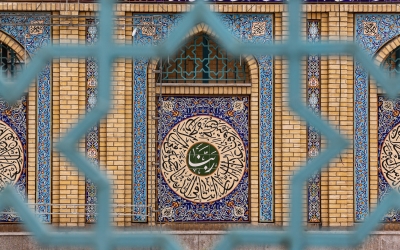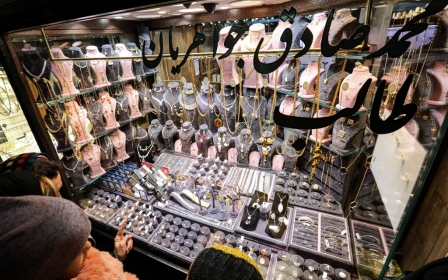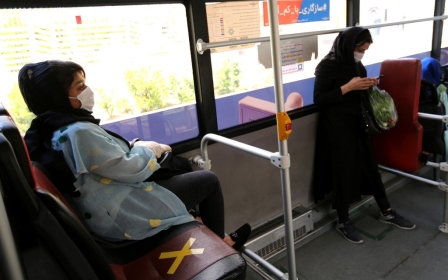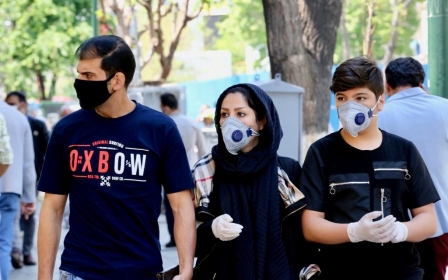Iran to reopen mosques on Tuesday despite uptick in coronavirus cases
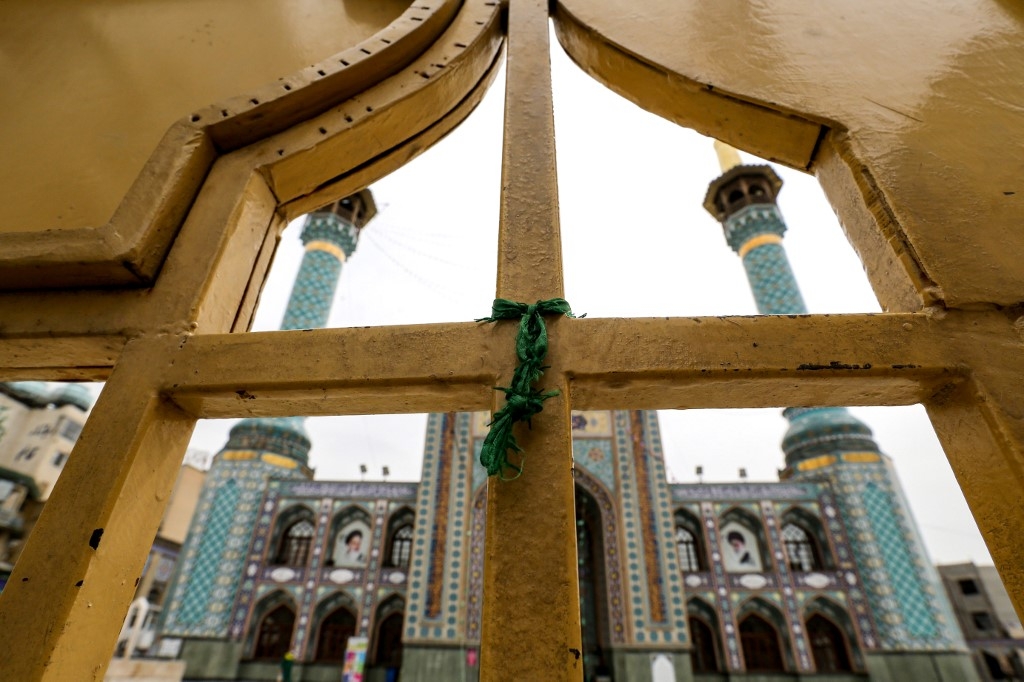
Iran is planning to reopen mosques across the country on Tuesday despite a sharp rise in coronavirus cases that have prompted authorities to lock down some hard-hit areas.
The semi-official Fars News Agency reported on Monday that the country's mosques and religious centres will open for the last 10 days of the Muslim fasting month of Ramadan, but social distancing measures will be observed.
Worshippers will be required to wear gloves and masks before entering the mosque and they will be expected to bring their own Qurans and prayer rugs for services, Fars said.
Hojatoeslam Mohammad Ghomi, the head of Iran's Islamic Development Organisation, said on Monday that the decision to reopen the mosques was made in response to requests from the Iranian people.
Earlier this month, Iran's health ministry divided the country into white, yellow, and red areas based on the number of Covid-19 infections and deaths.
Around 132 mosques in the "white" category, deemed to be low risk, were okayed to open last week.
The reopening of Iran's mosques comes just hours before the last ten days of Ramadan.
The days are highly revered by both Sunni and Shia Muslims who head to mosques at night to observe Laylat ul-Qadr, or "the Night of Destiny".
Not observing social distancing rules
The announcement also comes as the number of coronavirus cases in the country has seen an uptick, after having seen a small downward trend.
On Sunday, authorities imposed a lockdown in Abadan county, an oil-rich region in southwestern Iran, after it witnessed a sharp rise in new Covid-19 cases.
Gholamreza Shariati, the governor of Khuzestan province that borders Iraq and includes the county of Abadan, said people had not been observing social distancing rules.
"Because of this, the number of corona[virus] patients in the province has tripled and the hospitalisation of patients has risen by 60 percent," Shariati said.
Iran has been the hardest-hit country in the Middle East by far, with over 106,000 infections and more than 6,500 fatalities reported, according to the World Health Organisation's Sunday report.
Currently, schools and universities remain closed, and cultural and sports gatherings are still banned. But last week President Hassan Rouhani said some schools in low-risk areas might reopen on 16 May.
Iran has already lifted a ban on intercity trips and malls, with large shopping centres resuming activities despite warnings by some health officials of a new wave of infections.
Middle East Eye propose une couverture et une analyse indépendantes et incomparables du Moyen-Orient, de l’Afrique du Nord et d’autres régions du monde. Pour en savoir plus sur la reprise de ce contenu et les frais qui s’appliquent, veuillez remplir ce formulaire [en anglais]. Pour en savoir plus sur MEE, cliquez ici [en anglais].


